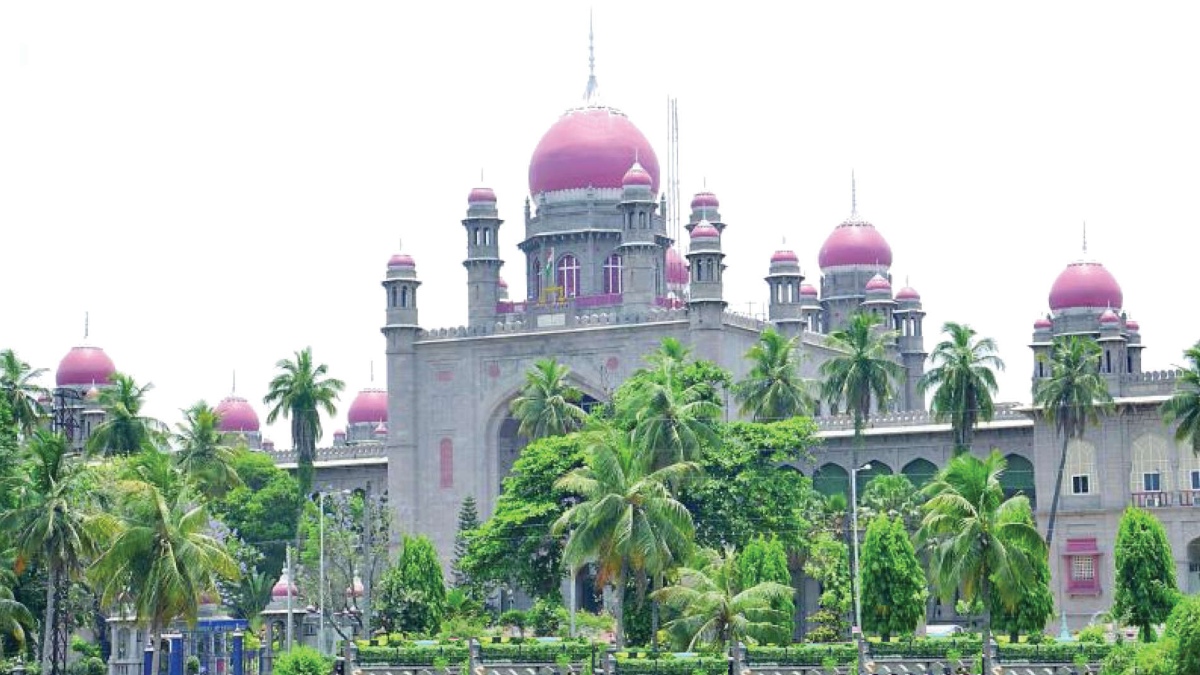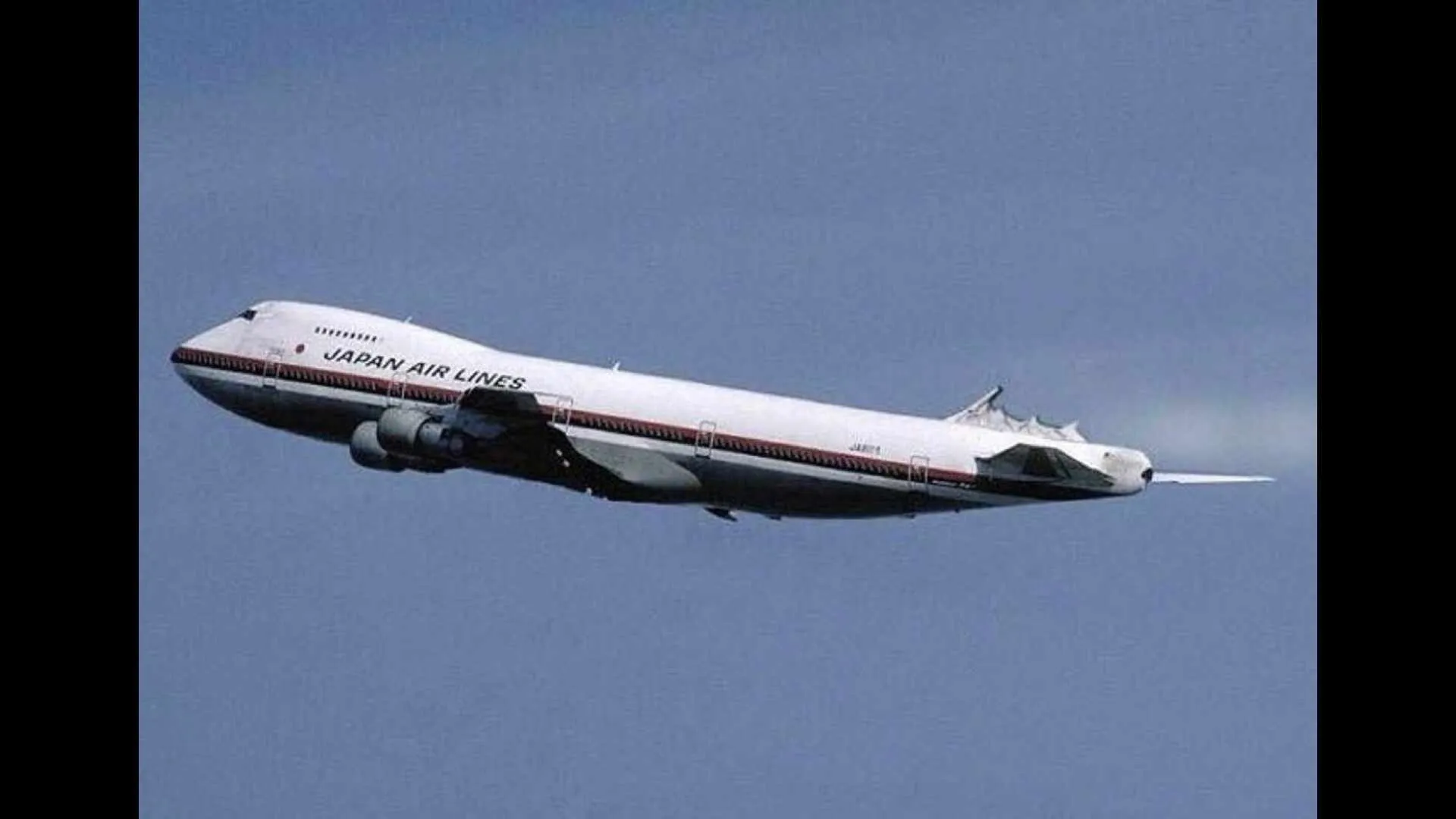While clearly drawing the red lines for the police officers and men in uniform and reminding them of what the law stipulates in this regard, the Telangana High Court as recently as on October 29, 2021 has in a common order in Writ Petition Nos.1647, 1564, 2677, 3677, 4333, 4633, 4662, 4731, 4905, 5313, 5346, 5724, 5775, 5784, 7155, 7256, 7303, 12715, 15406, 16106, 16107, 16143, 16165, 20338, 20660, 22040, 22354, 22637, 22652, 22745, 23399, 23589, 24389, 25129, 25316, 25795, 25855, 25887, 26208, 26221 and 26274 of 2021 has minced just no words to make it absolutely clear that the police officers have no power to detain or seize vehicles on the ground that the person driving was found in an intoxicated condition. It must be noticed here that the single Judge Bench of Justice K Lakshman who delivered this learned, laudable, latest and landmark judgment was dealing with a bunch of pleas concerning the power of police officers to seize the vehicle from its driver or rider, who remains in an intoxicated condition. What all discussions the Telangana High Court issued shall be discussed later which forms the backbone of this extremely commendable judgment.
To start with, the ball is set rolling in para 2 of this extremely commendable, courageous, cogent, composed and convincing judgment authored by a single Judge Bench of Justice K Lakshman of Telanagana High Court wherein it is put forth that, “The challenge, in this entire batch of writ petitions, is to the power of Police Officers to seize the vehicle from its driver/ rider, who is in an intoxicated condition.”
Most significantly, what forms the cornerstone of this brief, brilliant, bold and balanced judgment is then elaborated upon by Justice K Lakshman of the Telangana High Court in its conclusion in para 7 which is derived after listening to the learned counsels and all the sides and considering all the evidence before it wherein it is held that:-
i) This Court has previously held that under the M.V. Act, the Police Officers do not have power to take custody of the vehicle driven under intoxicated condition and directed the authorities / officials who have custody of the vehicle in question to release the same on production of certificate of registration relating to the said vehicle and on production of proof of identity and also a valid driving license.
ii) In view of the above said discussion and the relevant provisions and also considering the principle laid down by the Apex Court as well as this Court, this Court is of the considered view that the following directions are required to be issued to the Police Authorities to be followed:
(a) If the driver / rider of the vehicle is found under the influence of Alcohol, he/she should not be allowed to drive the vehicle. However, if the police finds other person accompanying the driver/rider not in intoxicated condition and having a valid driving license, shall permit such person to drive the vehicle without seizing/ detaining the vehicle, subject to Section – 202 of the M.V. Act, 1988;
(b) If there is no other person other than the person who drives the vehicle in an intoxicated condition, then the concerned Police Officer or the intoxicated driver shall immediately inform any nearest relative or friend to take back the custody of the vehicle;
(c) If no one comes to take back the custody of the vehicle, then the concerned Police Official shall temporarily take possession of the vehicle, and keep the vehicle in a nearest police station or any other appropriate authorized place for safe custody. However, it is made clear that the Police do not have power to detain / seize vehicle on the ground that its driver/rider drove it in an intoxicated condition.
(d) The Police or any other Official who has the custody of such vehicle shall release the same either to the owner or any authorized person on production of certificate of registration (RC) of the said vehicle, proof of identity and a valid driving license;
(e) If the concerned Police come to a conclusion that prosecution of driver or owner or both is necessary, he shall file charge sheet against him/them before the concerned Magistrate within three (03) days from the date of seizure of vehicle. The vehicle shall be released by the Officer who detained it after prosecution is completed under intimation to the concerned Regional Transport Authorities;
(f) Learned Magistrates are directed to receive the charge sheets within three (03) days from the date of seizure in compliance of Rule – 448-A (iv) of the Telangana State Motor Vehicles Rules, 1989 if the charge sheets are otherwise in order.
(g) The Police Officers of the State are directed to strictly follow the procedure laid down under Rule – 448-A of the T.S. Motor Vehicles Rules, 1989.
(h) If no one claims the custody of vehicle, the police shall take necessary steps in accordance with law;
(i) Any breach of the above directives will amount to Contempt and necessary proceedings will be initiated against the concerned Police.
iii) With the above directions, this batch of Writ Petitions is disposed of.
iv) However, in the circumstances of the case, there shall be no order as to costs. As a sequel, the miscellaneous petitions, if any, pending in the writ petitions shall stand closed.”
In conclusion, the single Judge Bench of Justice K Lakshman in this notable judgment makes it abundantly clear that the police officers are not empowered to seize vehicles on ground that driver was intoxicated. It is the bounden duty of the police officers to always abide by what has been held by the Telangana High Court in this leading case. If they don’t comply, then they are bound to get a rap on their knuckles and would have to pay a heavy price for it! So now the choice is theirs! No police officer in his/her right senses would ever like to do anything that is against the law and so one fervently hopes that what the Telangana High Court has laid down in this leading case would be adhered to in totality!













